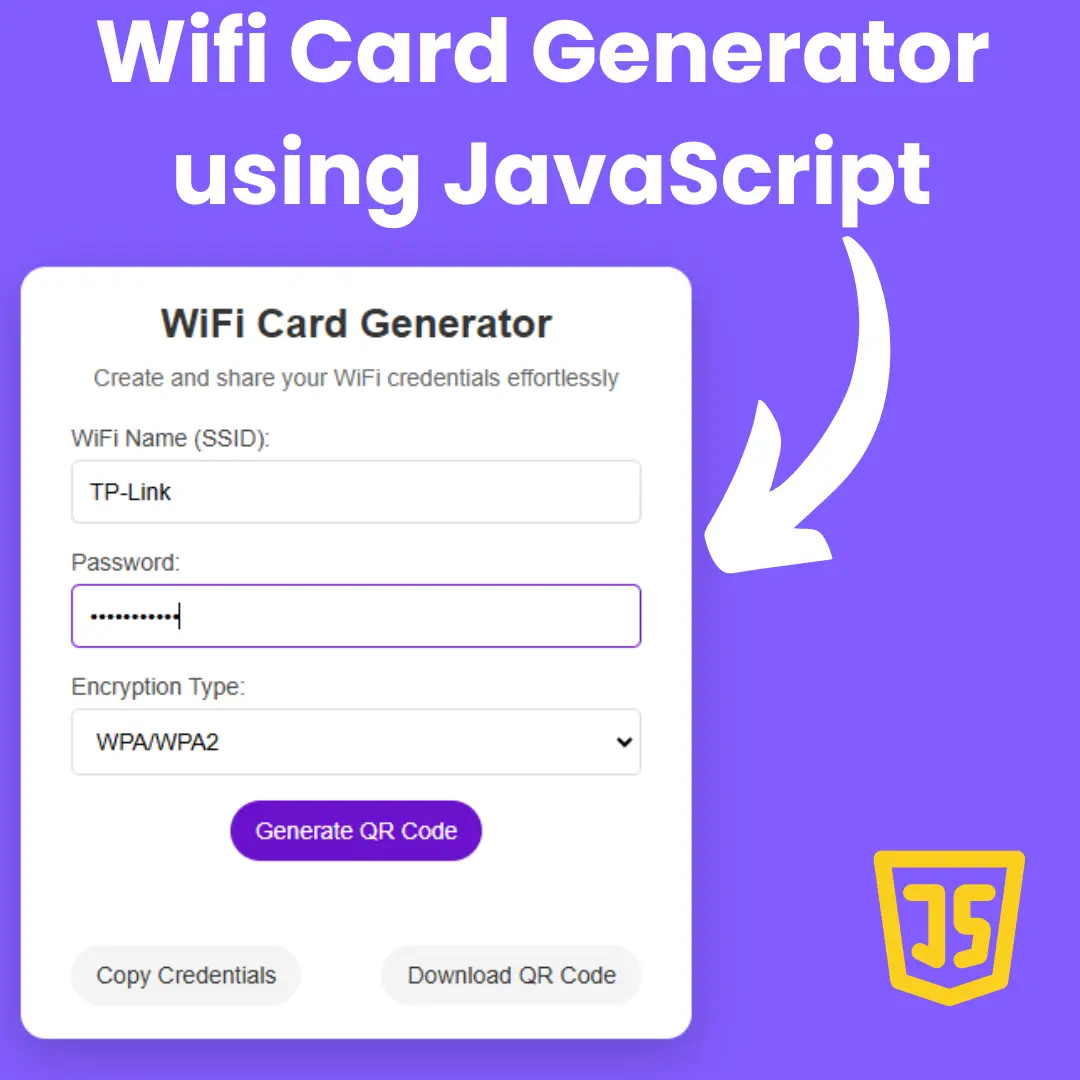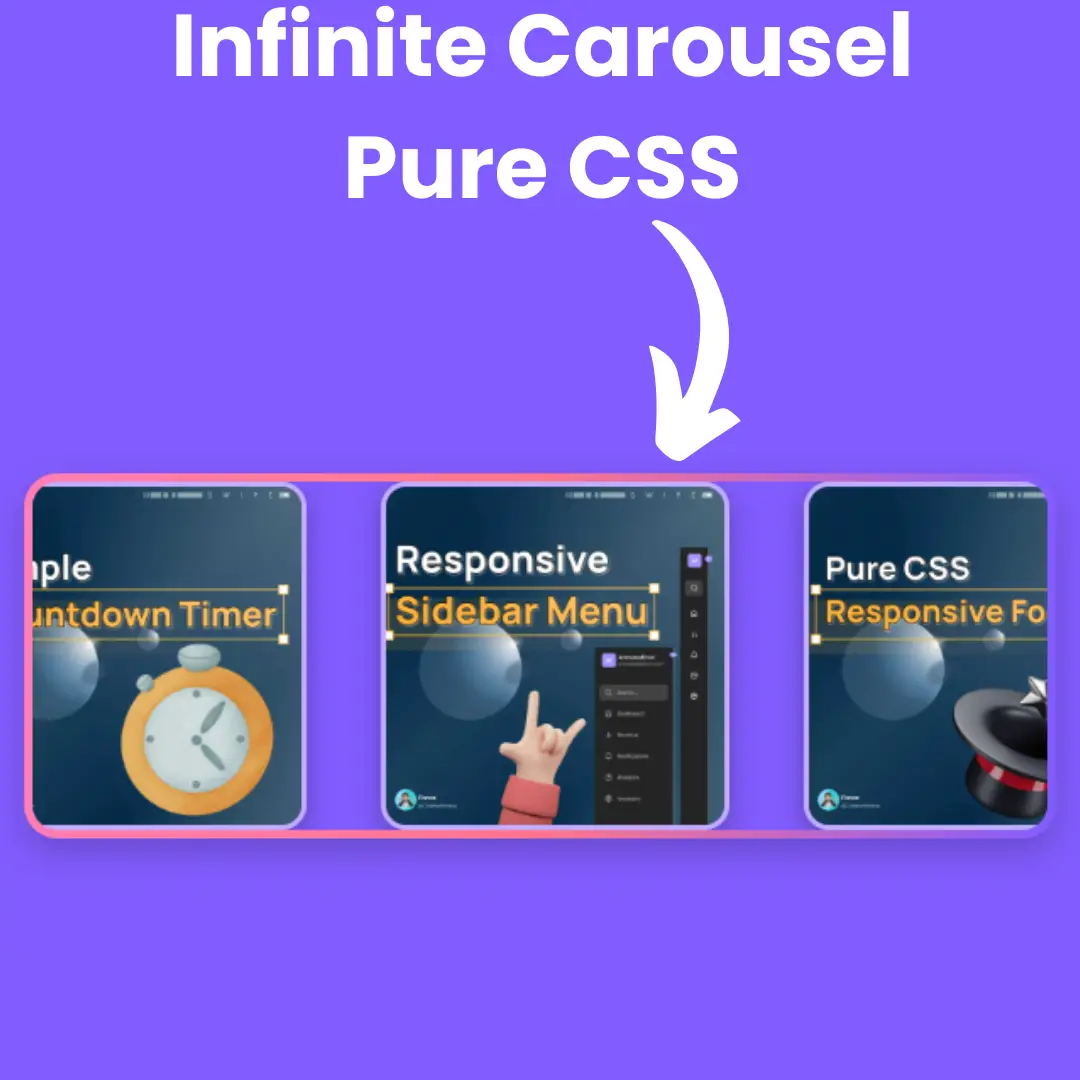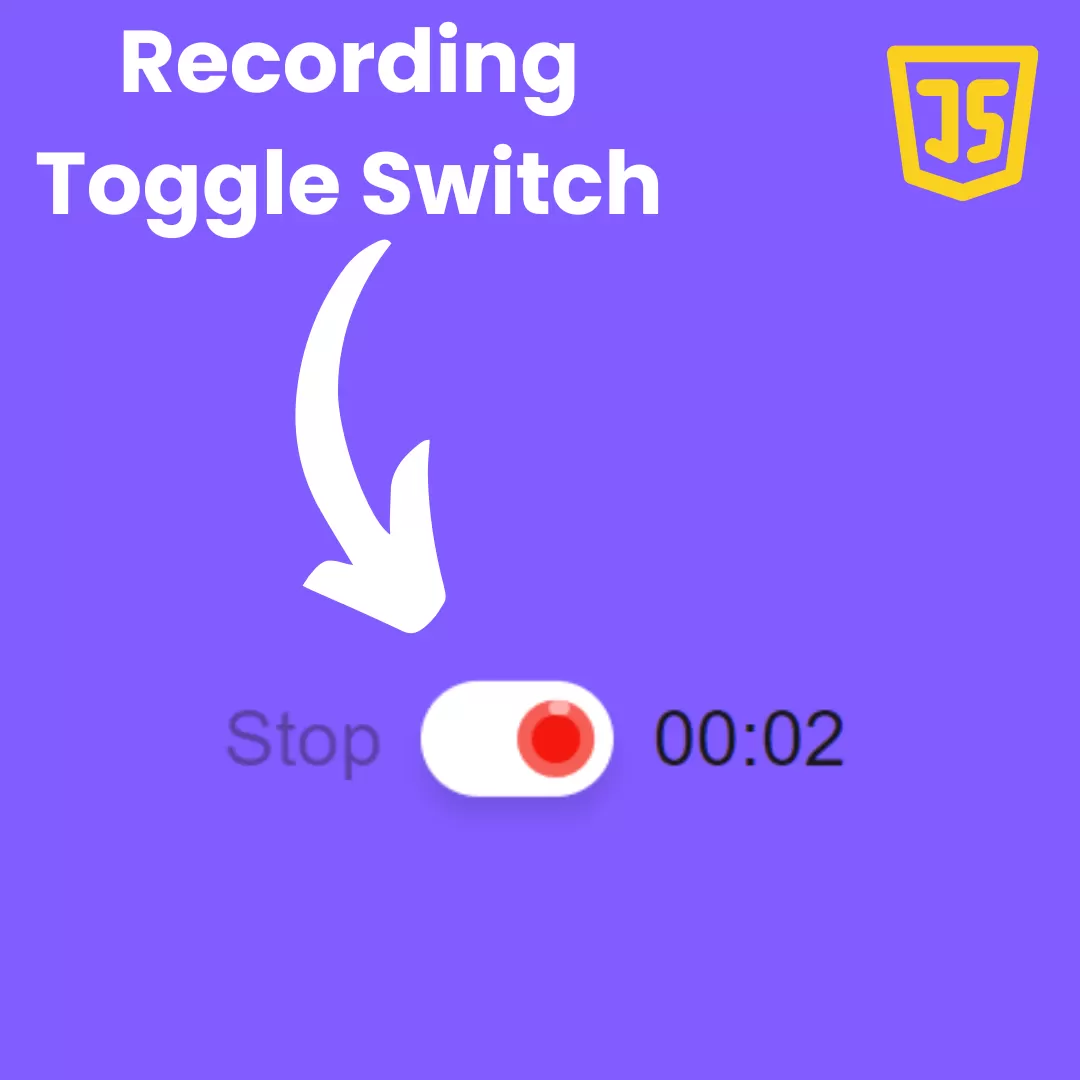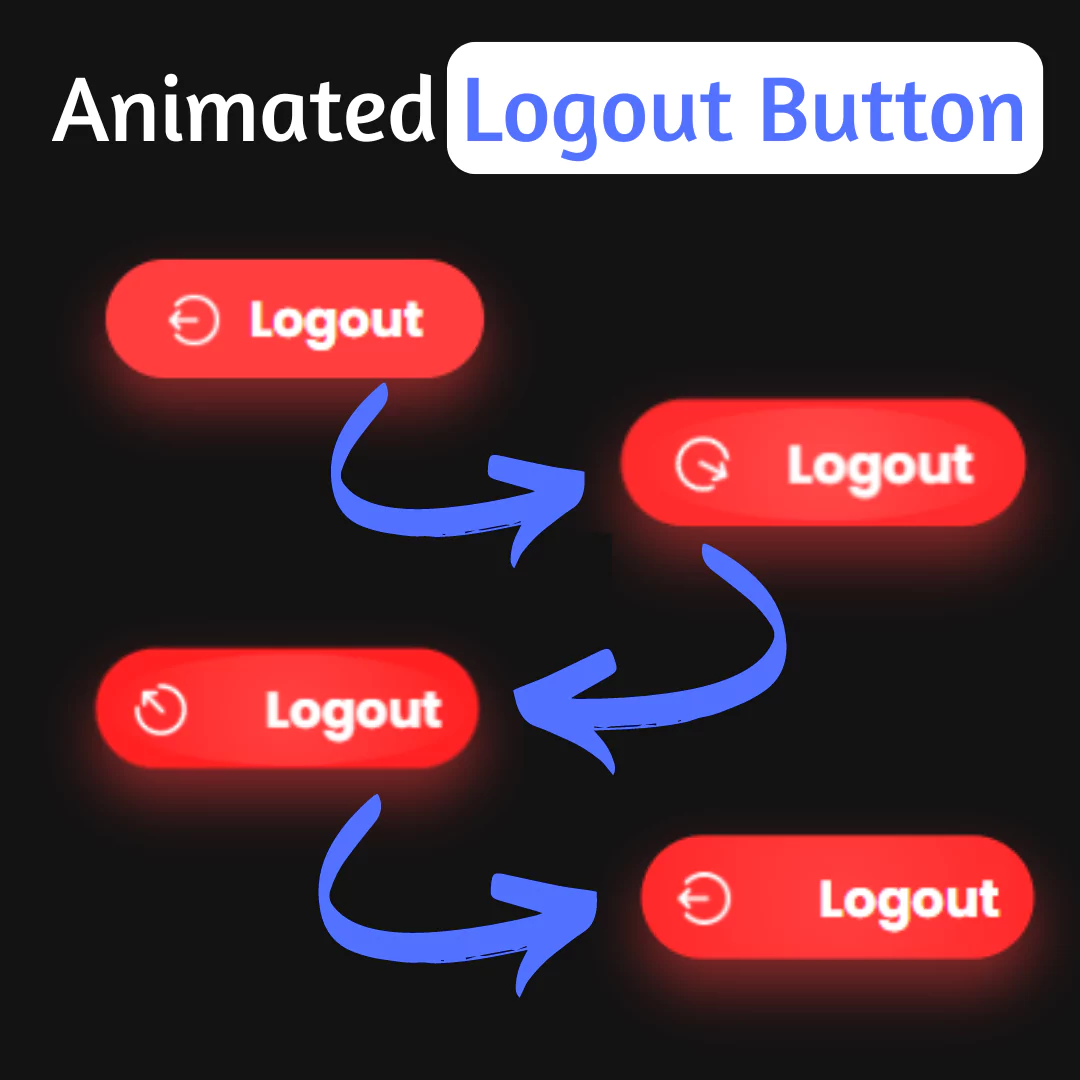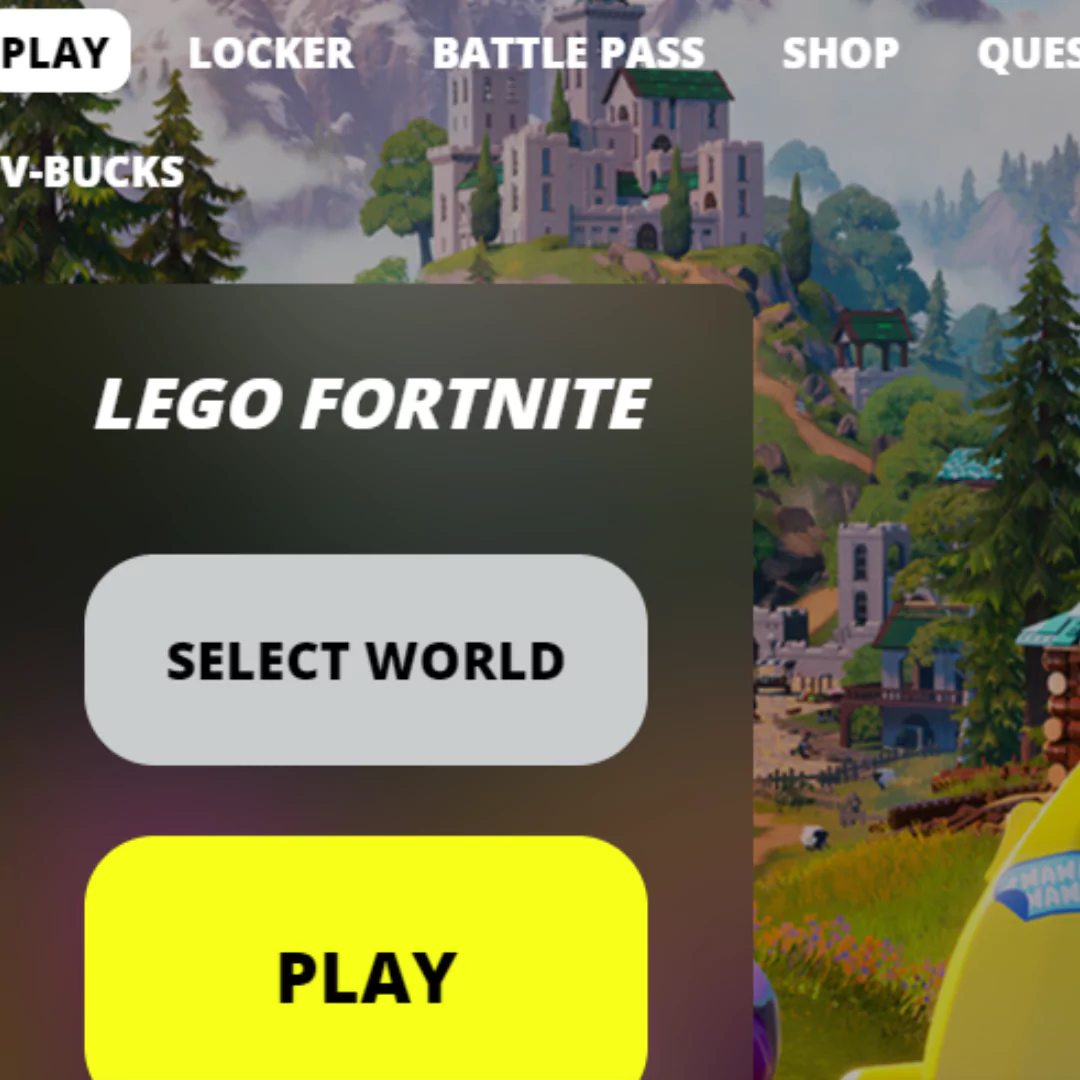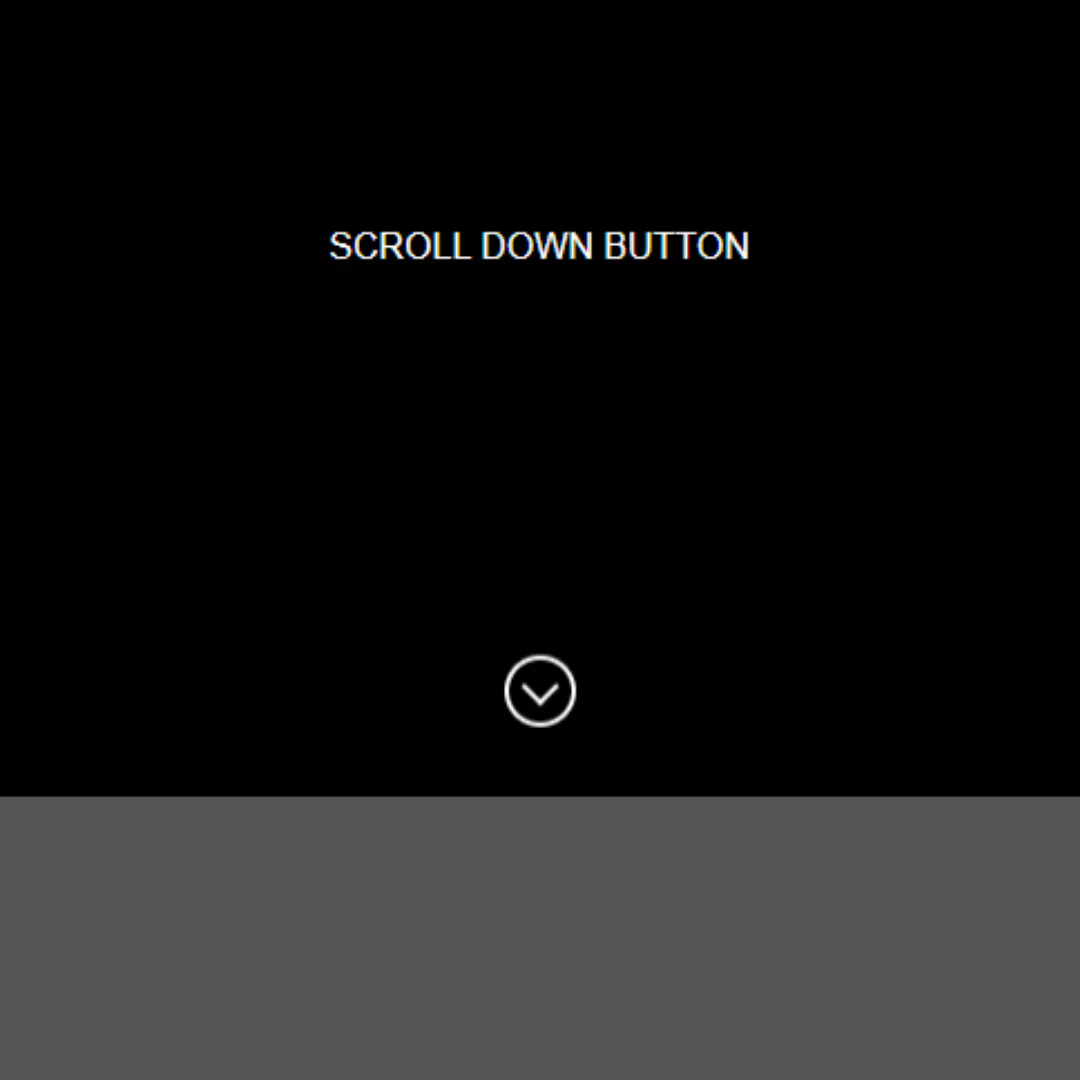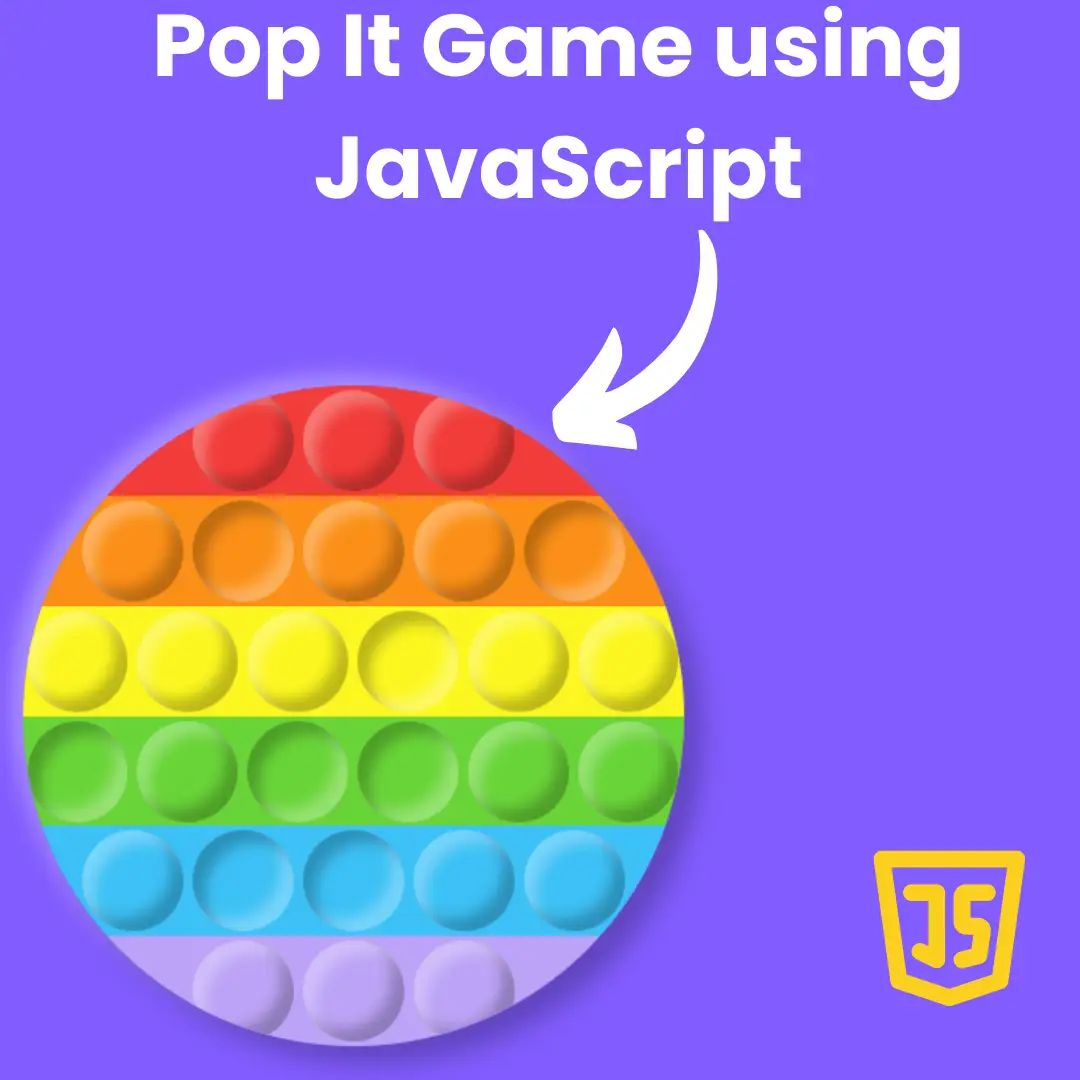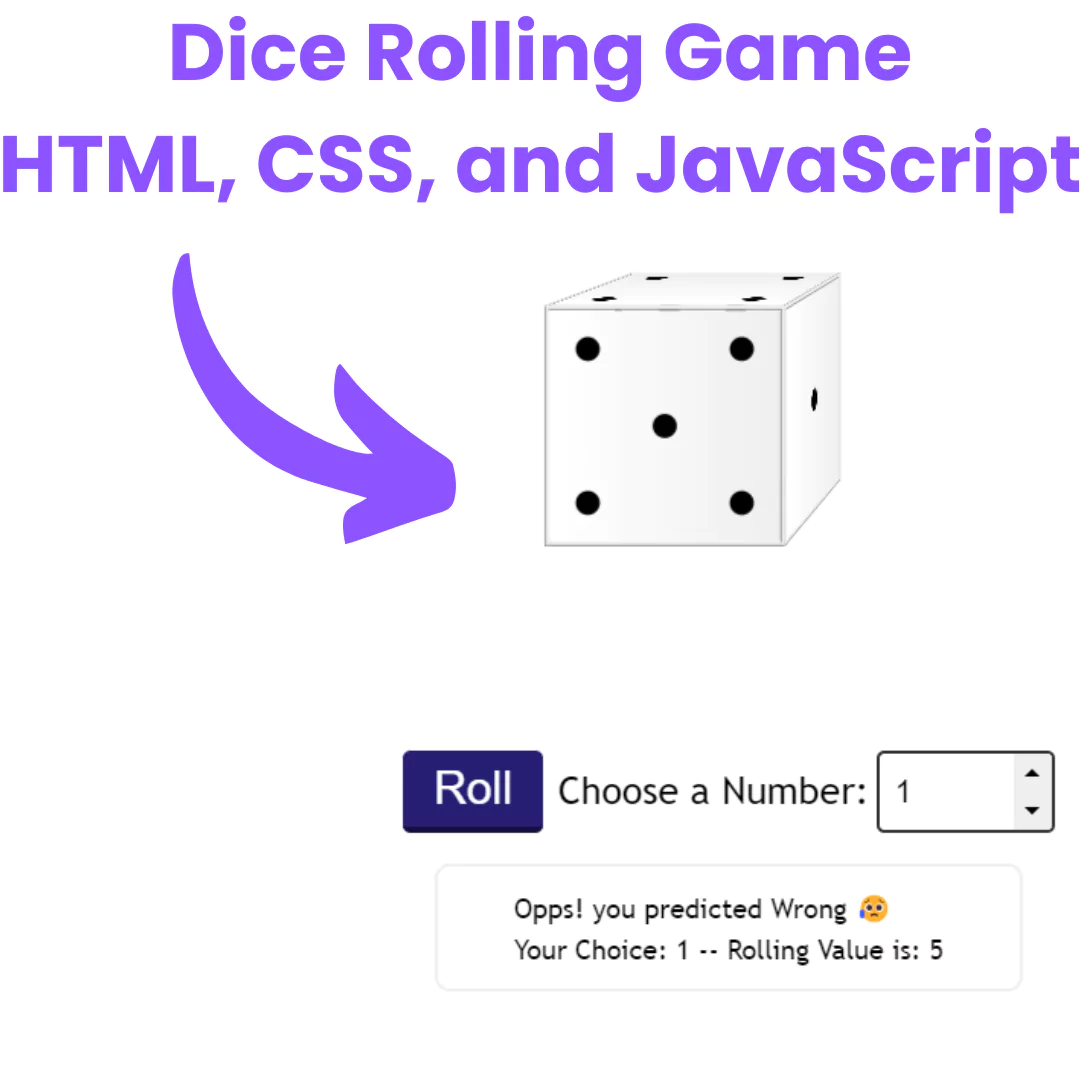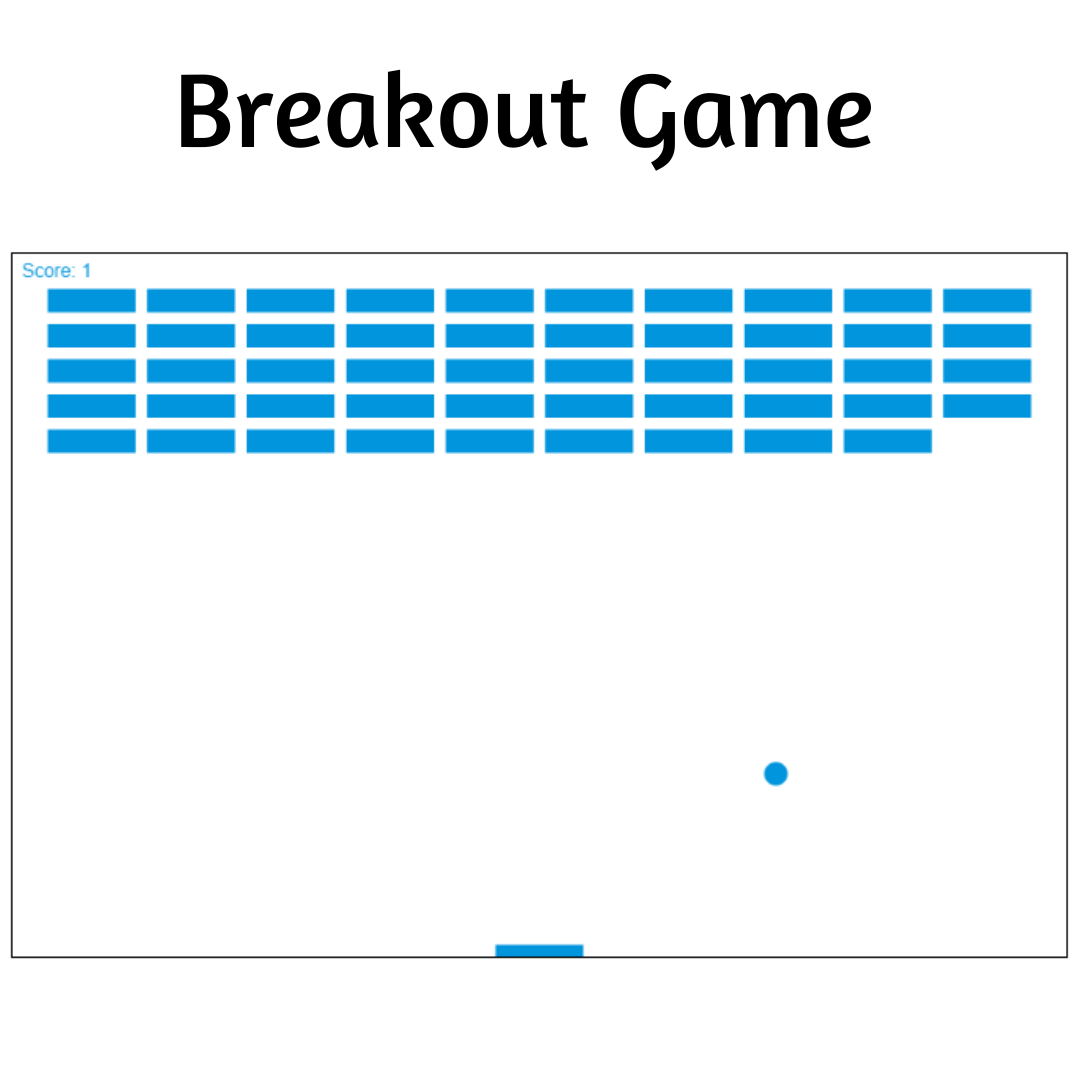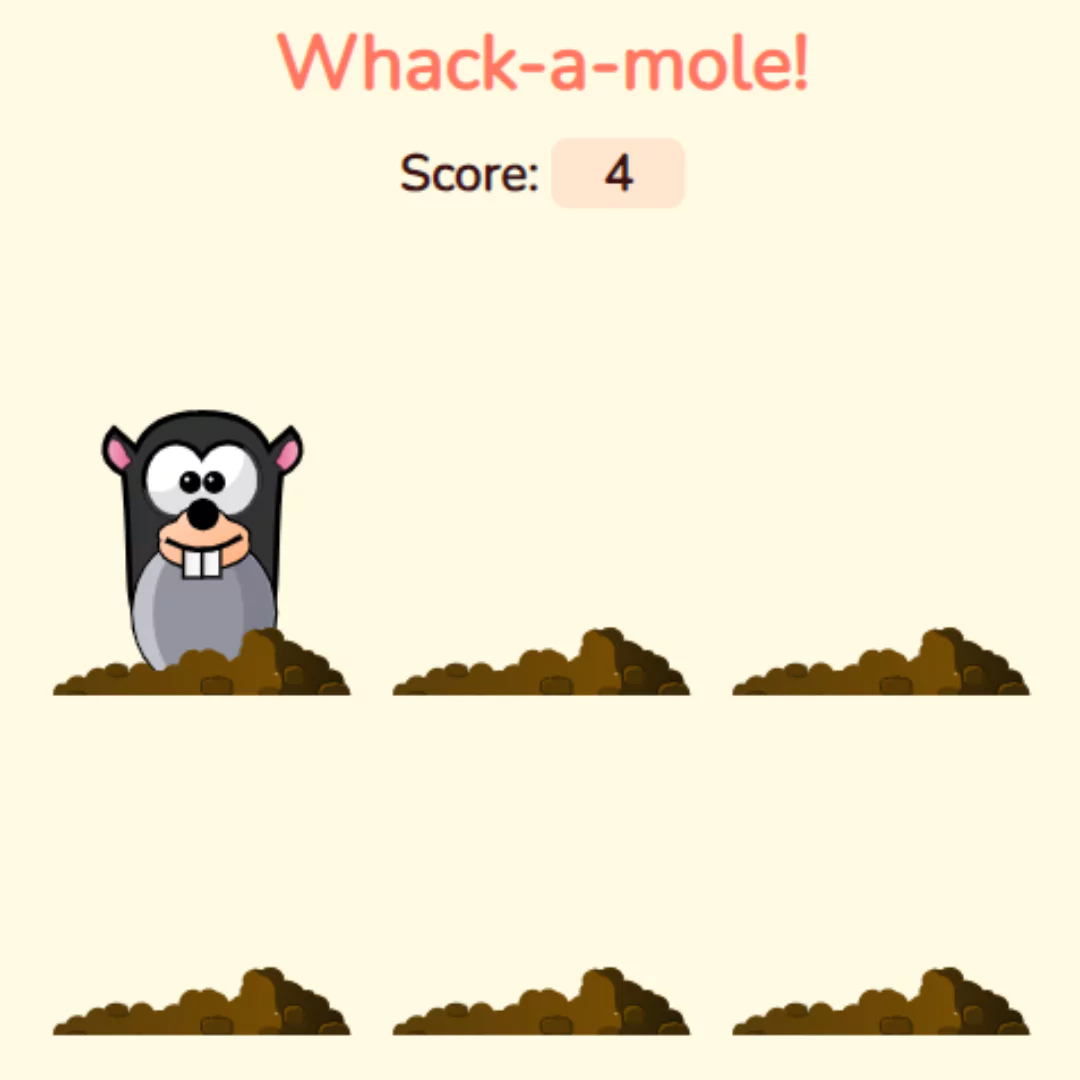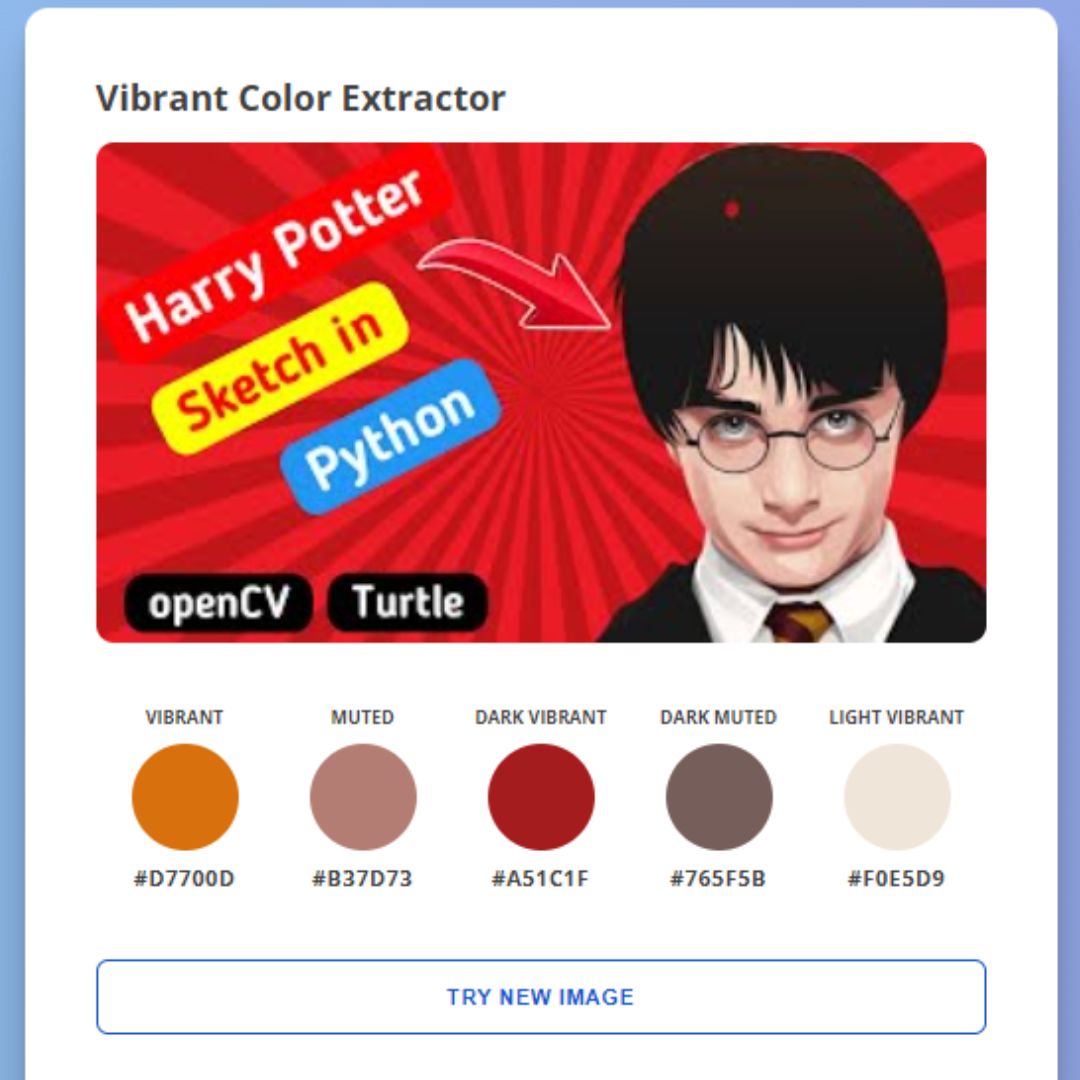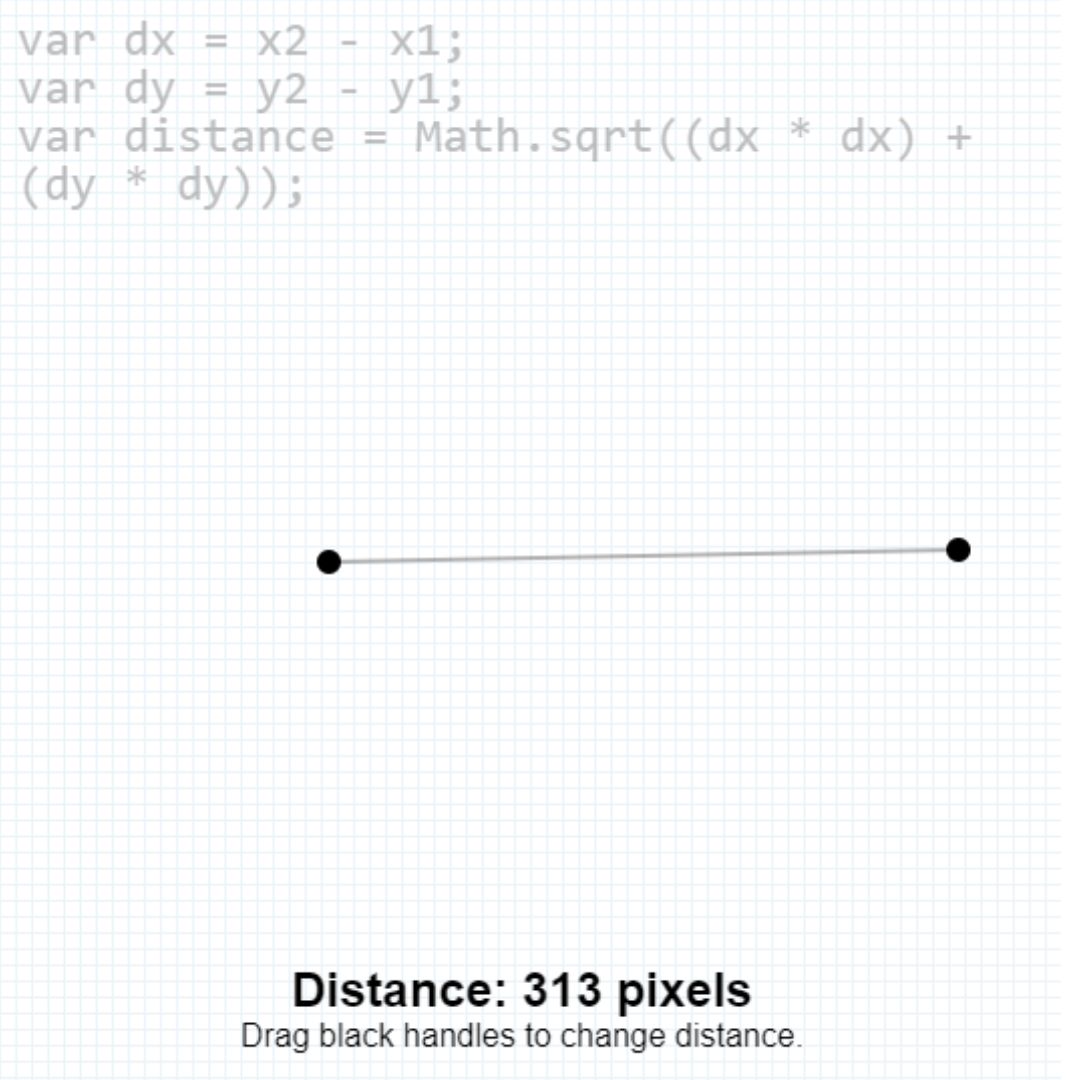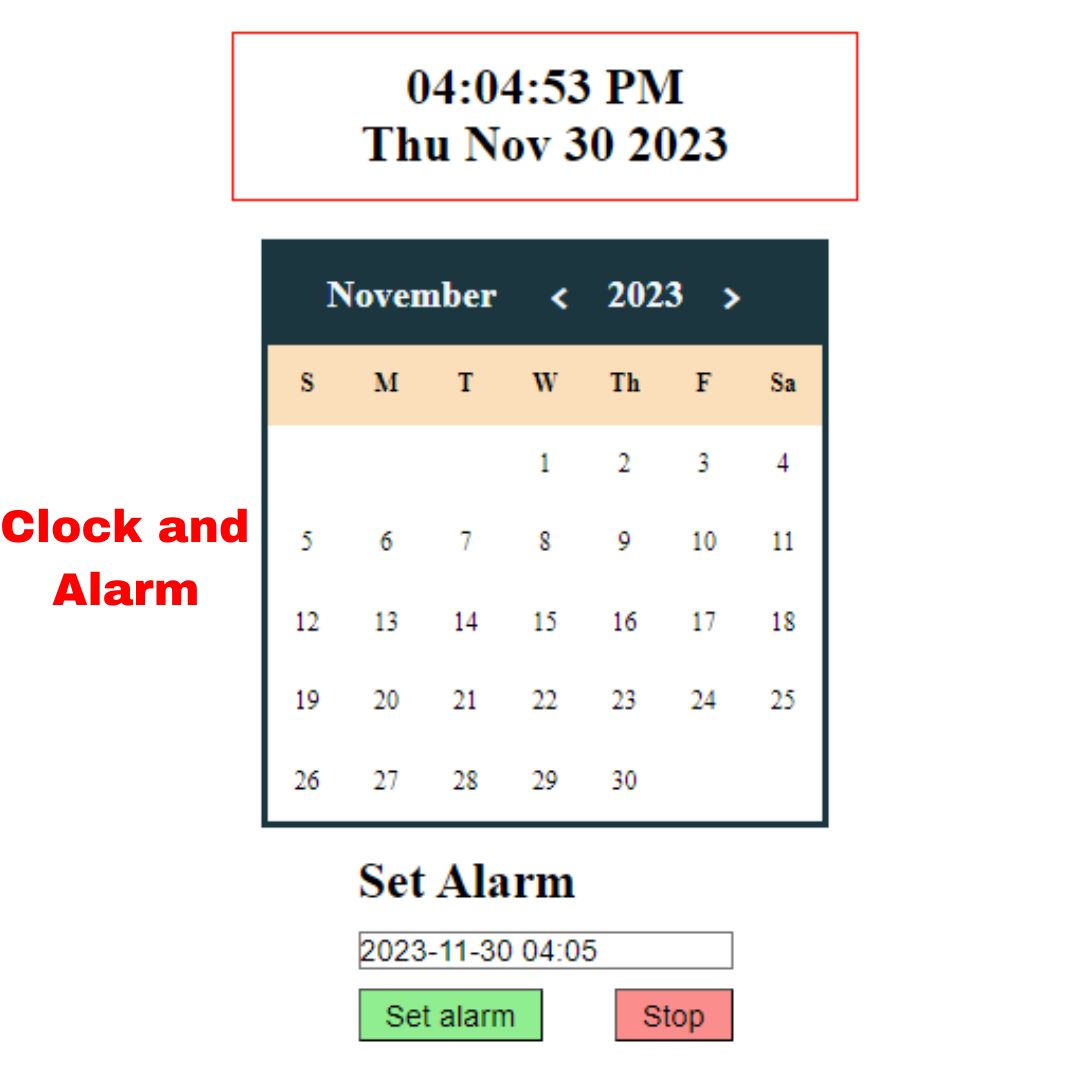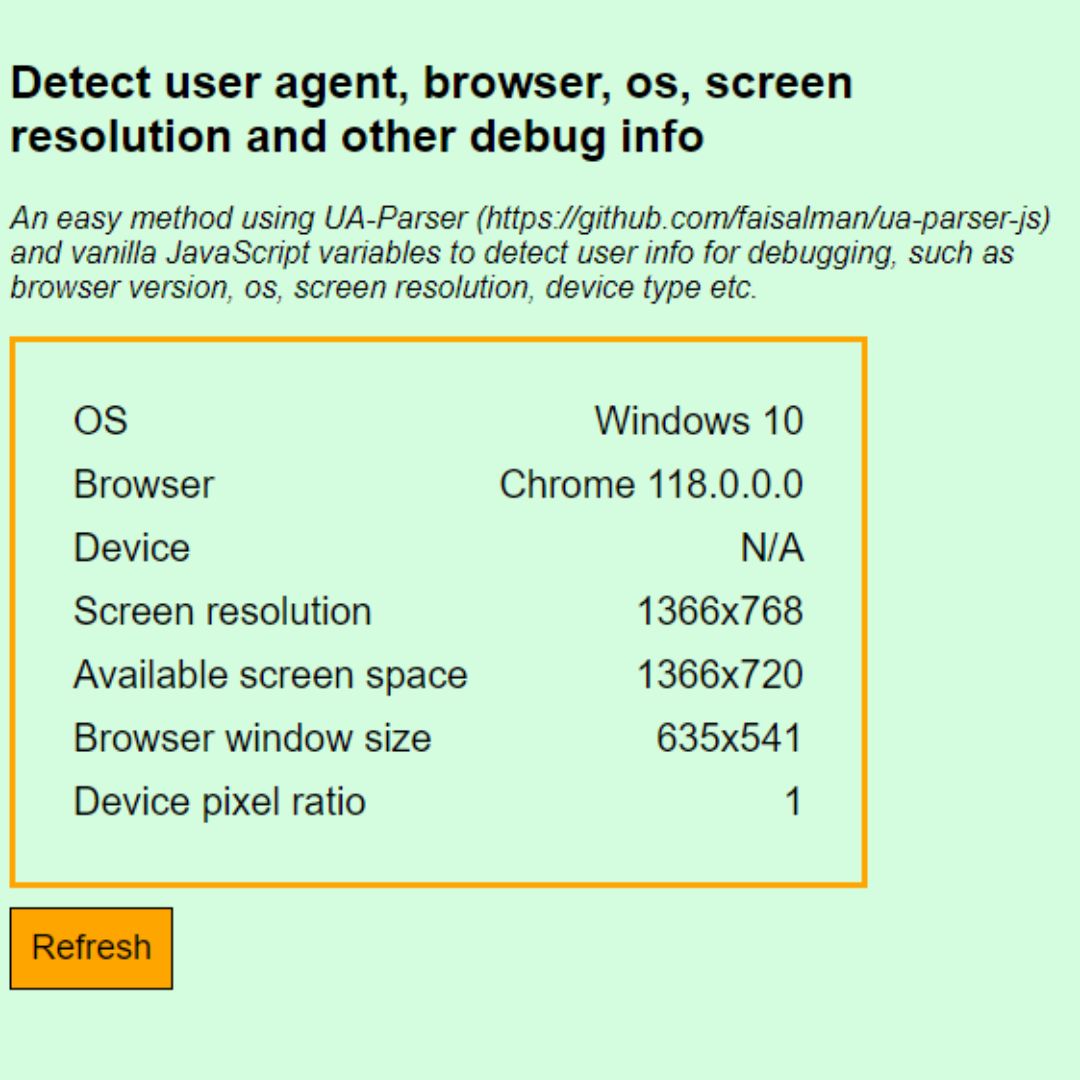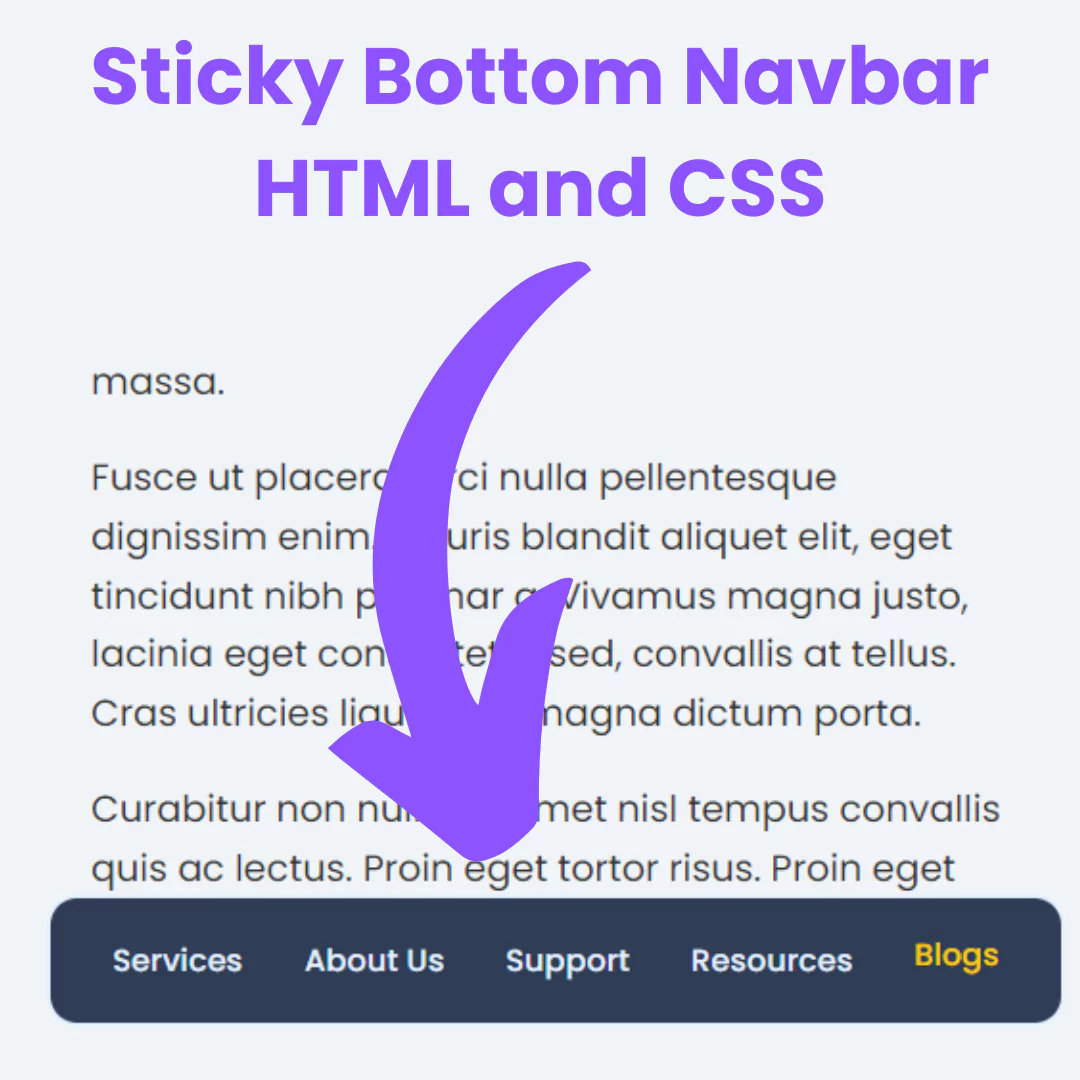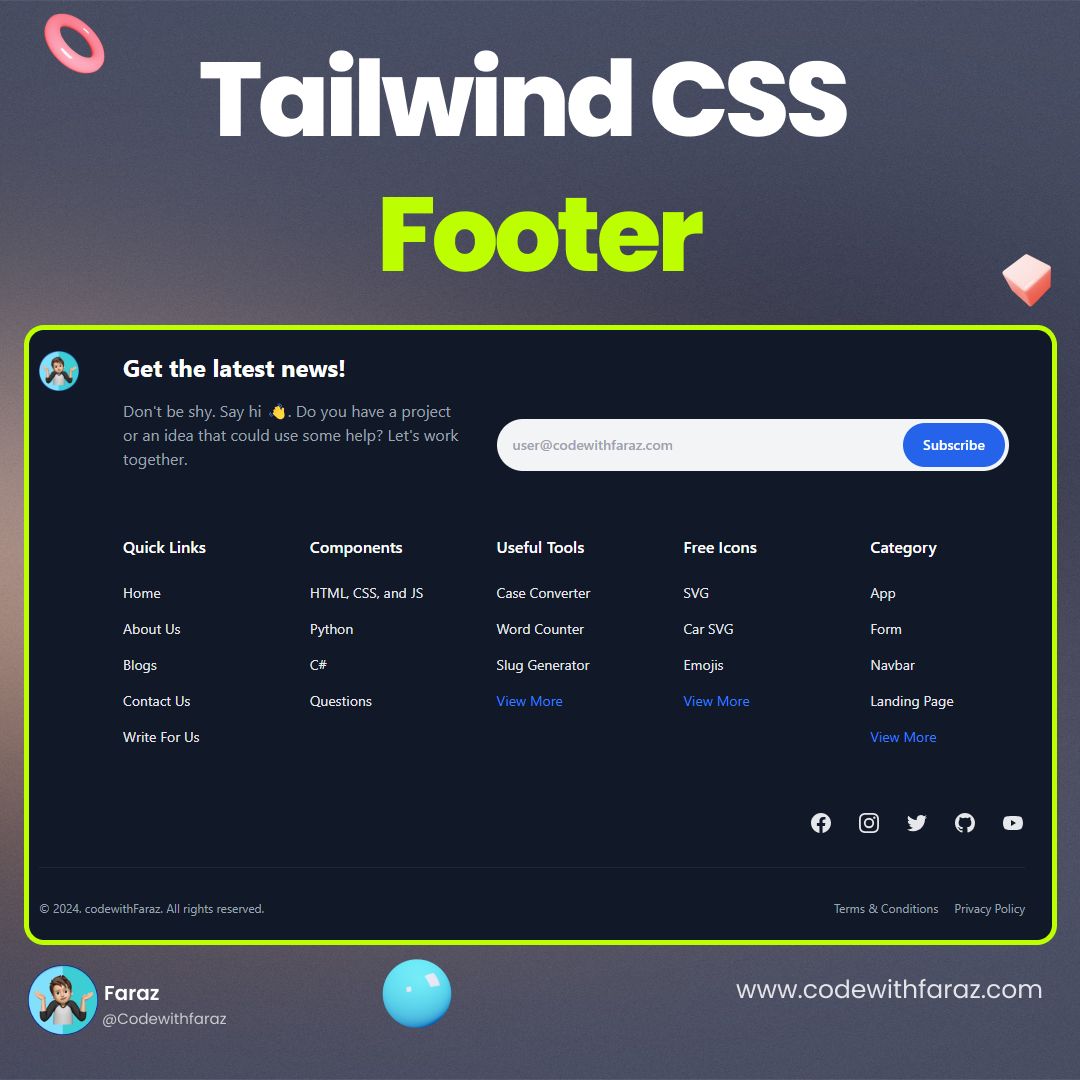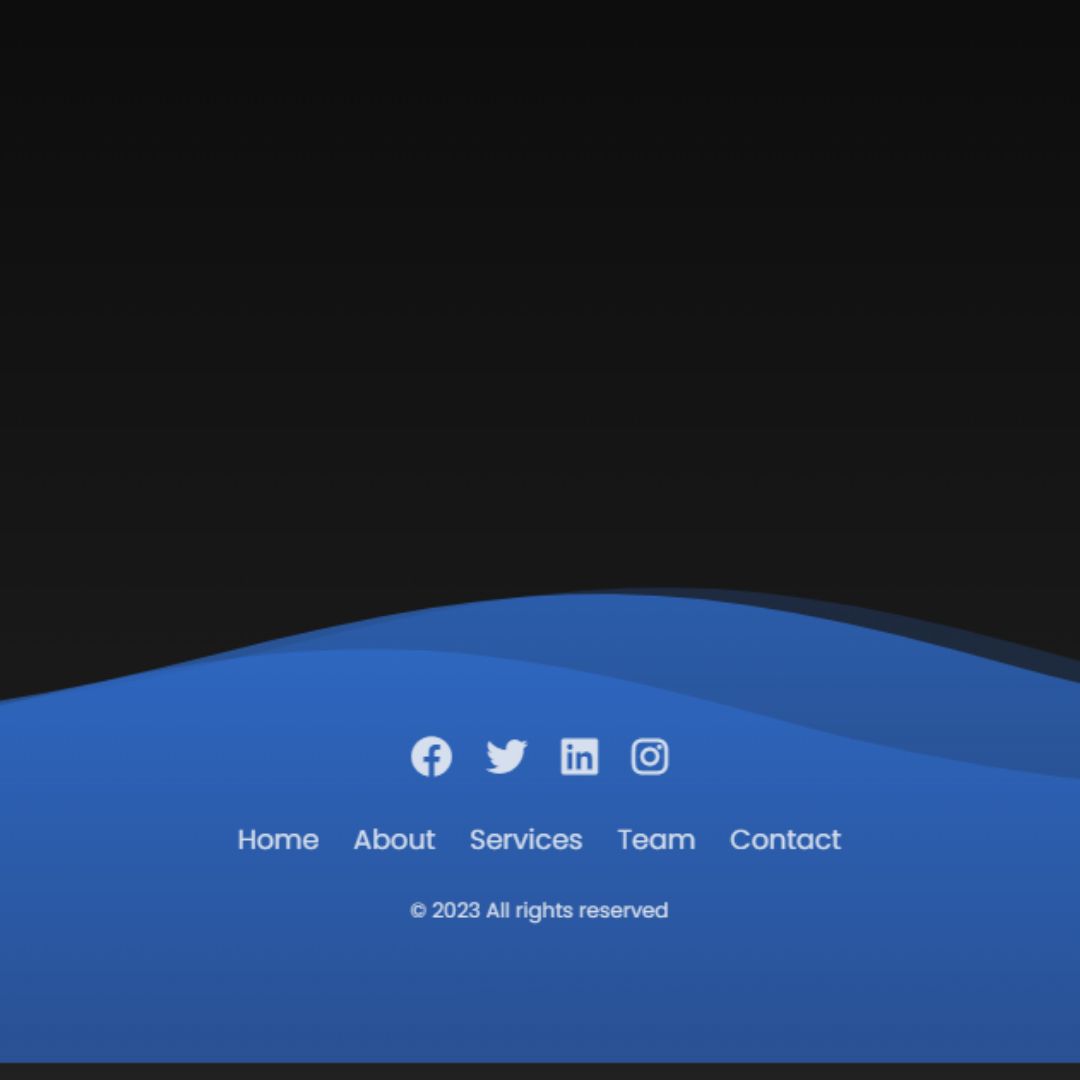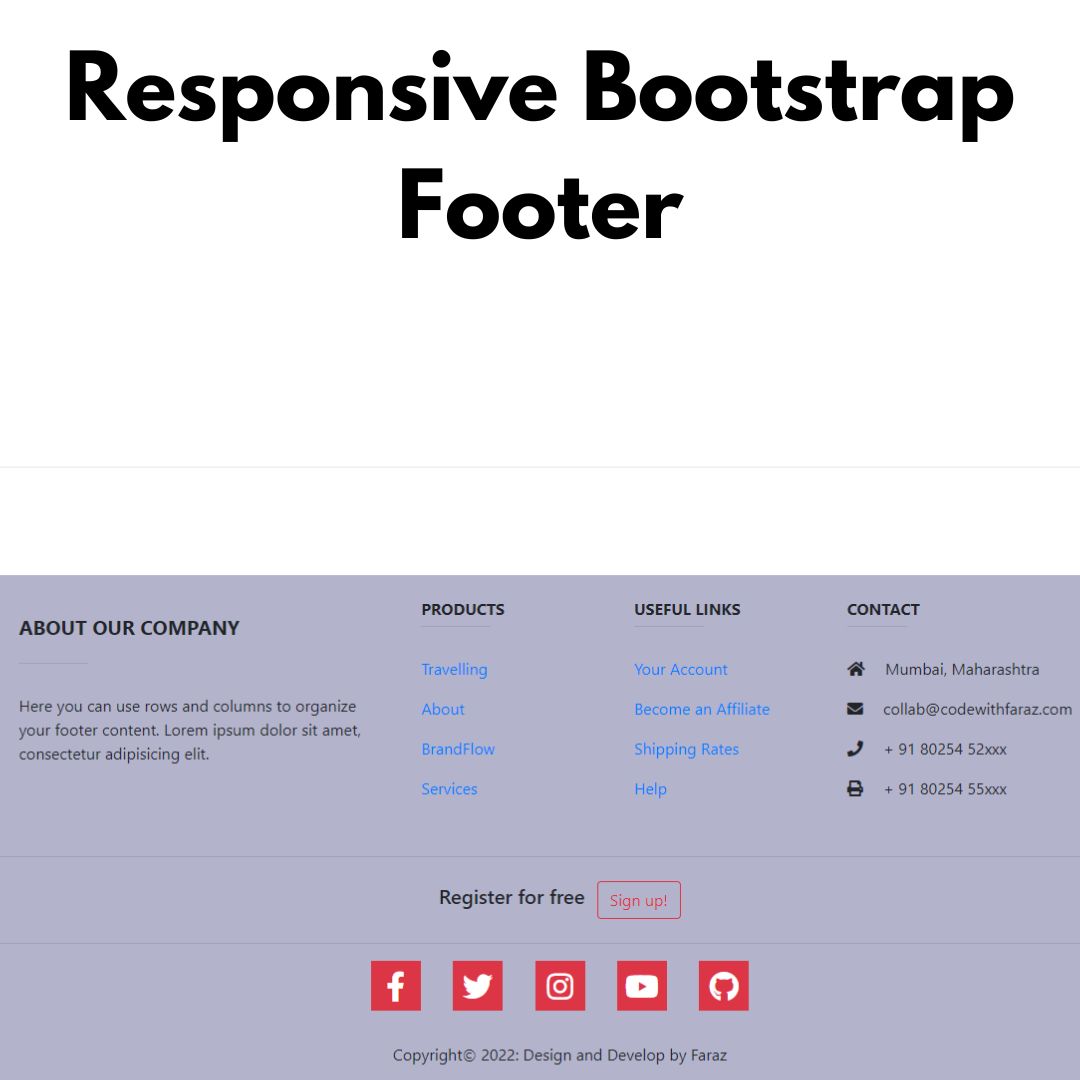Learn how to create a calendar application in C programming. Follow step-by-step instructions with a simple interface, compiling tips, and running the program.

Creating a calendar application is an excellent way to improve your C programming skills. It involves working with dates, creating an interactive user interface, and displaying information neatly. In this blog, we'll walk you through how to create a simple calendar application in C programming. By following these steps, you will understand the basic concepts of C, enhance your coding skills, and create a functional calendar with an eye-catching interface.
Introduction
A calendar application is a program that allows users to view the dates and days of a month or a year. This application can be beneficial for students, programmers, and anyone interested in learning how to manipulate dates in C programming. The project is relatively simple and is a great way to practice working with loops, conditional statements, and functions in C.
In this blog, we'll guide you through the process of building a calendar application from scratch. We'll also show you how to compile and run the program, ensuring everything works perfectly.
Step-by-Step Guide to Create Calendar Application in C
1. Setting Up the Development Environment
Before we start coding, make sure you have a C compiler installed on your computer. You can use GCC, Turbo C, or any other C compiler you prefer. Set up your development environment, and create a new C file for your calendar application.
2. Declaring the Necessary Variables
Start by declaring the necessary variables that will hold the month, year, and other required data. You can use integers to store these values.
#include <stdio.h> int isLeapYear(int year); int getFirstDayOfMonth(int year, int month); void printCalendarHeader(int month, int year); void printMonthDays(int month, int year, int *startDay); void showMenu();
3. Creating Functions for Calendar Operations
Create functions that will handle different operations of the calendar, such as printing the days of the month, calculating the day of the week for the first day of the month, and checking for leap years.
int isLeapYear(int year) {
return (year % 400 == 0) || (year % 100 != 0 && year % 4 == 0);
}
int getFirstDayOfMonth(int year, int month) {
int day = 1;
int y = year - (14 - month) / 12;
int x = y + y/4 - y/100 + y/400;
int m = month + 12 * ((14 - month) / 12) - 2;
int d = (day + x + (31*m)/12) % 7;
return d;
}
4. Printing the Calendar Header
The next step is to create a function that prints the header of the calendar, including the month, year, and the days of the week.
void printCalendarHeader(int month, int year) {
printf("\n Calendar for %02d - %d\n", month, year);
printf(" Sun Mon Tue Wed Thu Fri Sat\n");
}
5. Filling in the Calendar Days
Now, fill in the calendar days. Start with the correct day of the week for the first day of the month, and then fill in the days of the month. Make sure to handle months with different numbers of days and account for leap years.
void printMonthDays(int month, int year, int *startDay) {
int daysInMonth;
switch(month) {
case 1: case 3: case 5: case 7: case 8: case 10: case 12:
daysInMonth = 31; break;
case 4: case 6: case 9: case 11:
daysInMonth = 30; break;
case 2:
daysInMonth = isLeapYear(year) ? 29 : 28; break;
}
for (int i = 0; i < *startDay; i++) {
printf(" ");
}
for (int day = 1; day <= daysInMonth; day++) {
printf("%5d", day);
if (++(*startDay) > 6) {
*startDay = 0;
printf("\n");
}
}
printf("\n");
}
6. Creating the Menu Interface
To make the application user-friendly, create a simple menu interface that allows users to input the year and month they wish to view. The menu should also offer options to quit the program.
void showMenu() {
int choice;
int year, month;
do {
printf("=========================================\n");
printf(" CALENDAR APPLICATION \n");
printf("=========================================\n");
printf("| 1. Display Monthly Calendar |\n");
printf("| 2. Display Yearly Calendar |\n");
printf("| 3. Exit |\n");
printf("=========================================\n");
printf("| Please select an option (1-3): ");
scanf("%d", &choice);
printf("=========================================\n");
switch(choice) {
case 1:
printf("\n-----------------------------------------\n");
printf("| Enter the year and month (e.g., 2024 8): ");
scanf("%d %d", &year, &month);
printf("-----------------------------------------\n");
printCalendarHeader(month, year);
int startDay = getFirstDayOfMonth(year, month);
printMonthDays(month, year, &startDay);
break;
case 2:
printf("\n-----------------------------------------\n");
printf("| Enter the year (e.g., 2024): ");
scanf("%d", &year);
printf("-----------------------------------------\n");
startDay = getFirstDayOfMonth(year, 1);
for (month = 1; month <= 12; month++) {
printCalendarHeader(month, year);
printMonthDays(month, year, &startDay);
printf("\n");
}
break;
case 3:
printf("\nThank you for using the Calendar Application!\n");
break;
default:
printf("\nInvalid choice, please try again.\n");
}
} while (choice != 3);
}
Compiling and Running the Program
1. Writing the Main Function
Create the main function to tie everything together. This function will call the showMenu() function and manage the flow of the program.
int main() {
showMenu();
return 0;
}
2. Compiling the Program
Once you've completed the code, it's time to compile the program. Use your C compiler to compile the program.
For GCC, you can use the following command:
gcc -o calendar calendar.c
3. Running the Program
After compiling, run the program to see your calendar application in action.
calendar
Enter the year and month when prompted, and the calendar for that month will be displayed on the screen.
Conclusion
Creating a calendar application in C programming is a great way to practice your coding skills. It involves various important concepts like functions, loops, and conditional statements. The step-by-step guide provided in this blog should help you build a basic calendar application with an intuitive menu interface.
Whether you're a beginner or someone looking to sharpen their C programming skills, this project is both challenging and rewarding. Keep experimenting with the code to add more features, like allowing users to navigate between months or saving the calendar output to a file.
By following this guide, you'll not only enhance your programming knowledge but also create something practical and useful.
That’s a wrap!
I hope you enjoyed this article
Did you like it? Let me know in the comments below 🔥 and you can support me by buying me a coffee.
And don’t forget to sign up to our email newsletter so you can get useful content like this sent right to your inbox!
Thanks!
Faraz 😊





